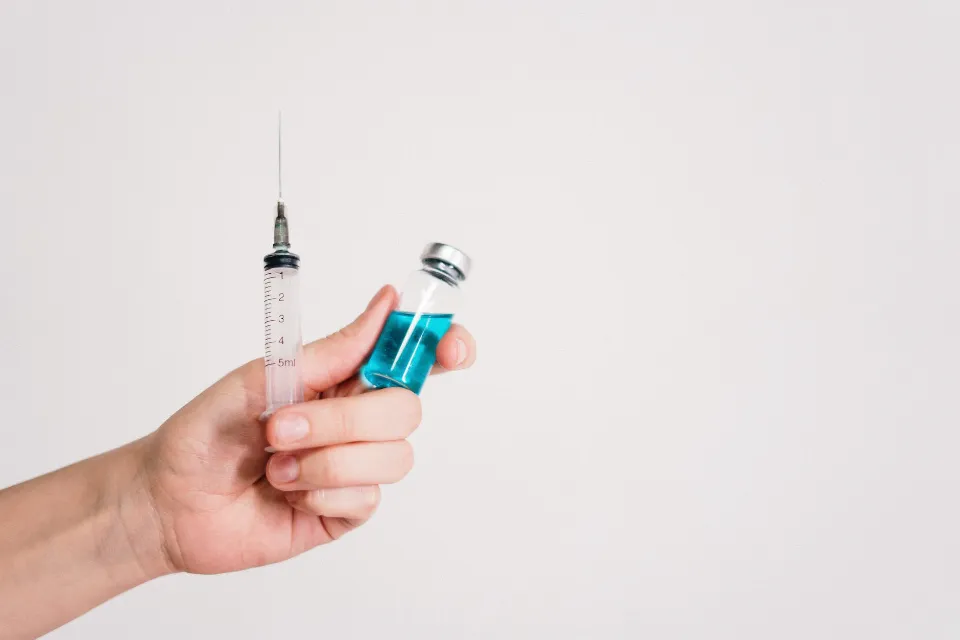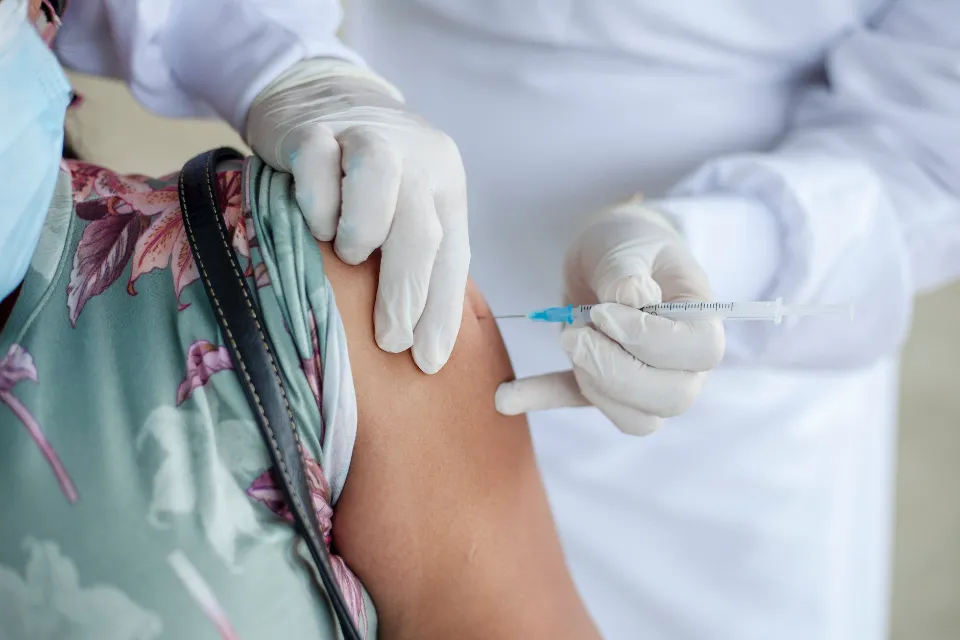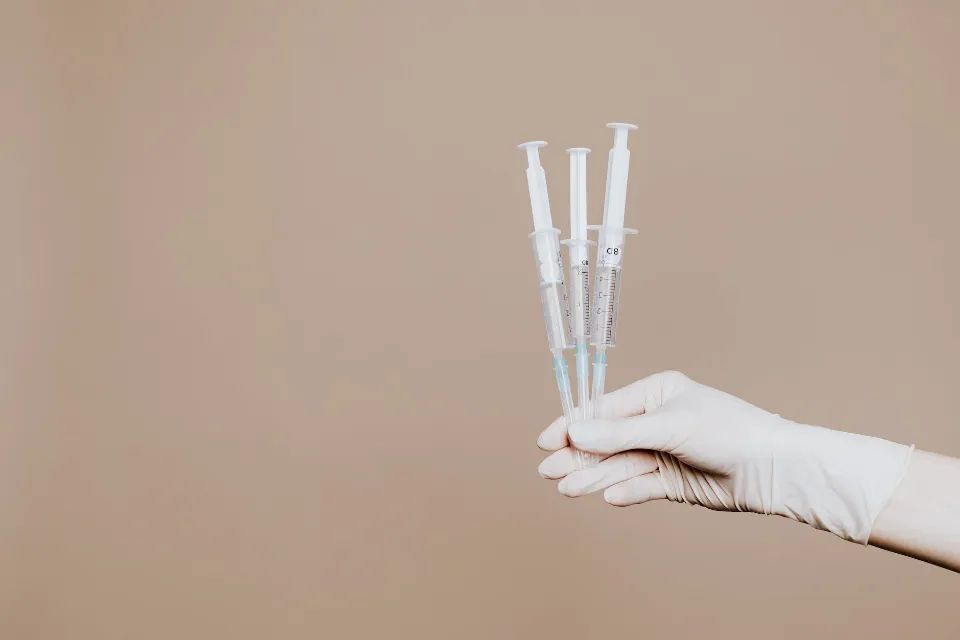The pneumococcal vaccine offers defense against serious, even fatal, pneumococcal infections. It’s also referred to as the pneumococcal vaccine. Pneumococcal infections are caused by Streptococcus pneumonia and can lead to pneumonia, blood poisoning (sepsis), and meningitis. In the worst case, they might even result in demise or permanent brain damage.
To learn how frequently you should receive pneumonia shots, continue reading below.
What Are Pneumonia Shots?
The pneumococcal vaccinations provide protection from serious and possibly fatal pneumococcal infections. It is also referred to as the pneumococcal vaccine. Streptococcus pneumoniae, a bacterium, is responsible for pneumococcal infections, which can result in pneumonia, blood poisoning (sepsis), and meningitis. At their worst, they have the power to kill or inflict permanent brain damage.
Who Should Get the Pneumonia Shots?
People over age 65. Your immune system loses some of its previous effectiveness as you get older. A pneumonia infection is one that you are more likely to struggle to recover from. All adults over age 65 should get the vaccine.

patients recovering from serious illnesses or surgeries. If you were in the hospital ICU (intensive care unit) and needed help breathing with a ventilator, you’re at risk of getting pneumonia. The same is valid if you recently underwent major surgery or are recovering from a severe injury. When your immune system is compromised due to illness, trauma, or the recovery process following surgery, you are less able to fight off germs than you would normally be.
Those with weakened immune systems. Your immune system may become weakened due to a number of illnesses, making it less effective in warding off infections like pneumonia.
You are more likely to have a weakened immune system, which increases your risk of contracting pneumonia if you have heart disease, diabetes, emphysema, asthma, or COPD. The same is true for those who receive chemotherapy, those who have had organ transplants, and those who have HIV or AIDS.
People who smoke. Long-term smoking may have damaged the tiny hairs that line the interior of your lungs and function as a germ filter. They are less effective at keeping those dangerous germs at bay when they are damaged.
Heavy drinkers. You might have a compromised immune system if you consume too much alcohol. Your white blood cells, which fight infection, don’t function as well as they would under normal immune conditions.
How Often to Get Pneumonia Shots?
All adults 65 years of age and older are advised to get vaccinated against pneumonia by the CDC. Details are provided in the tables below.
Situation1
For adults 65 years or older who have not previously received any pneumococcal vaccine†, CDC recommends you:
- Use PCV15 or PCV20 for 1 dose.
- If PCV15 is used, a dose of PPSV23 should be administered at least a year later. The minimum interval is 8 weeks and can be considered in adults with an immunocompromising condition, cochlear implant, or cerebrospinal fluid leak.
- A dose of PPSV23 is NOT required if PCV20 is used.
Situation2
For adults 65 years or older who have only received PPSV23, CDC recommends you:
- Give PCV15 or PCV20 at a dose of 1.
- The PCV15 or PCV20 dose should be administered at least 1 year after the most recent PPSV23 vaccination.
- Regardless of if PCV15 or PCV20 is given, an additional dose of PPSV23 is not recommended since they already received it.
Situation3
For adults 65 years or older who have only received PCV13, CDC recommends you either:
- One year after PCV13, administer one dose of PCV20.
- One year after PCV13, administer one dose of PPSV23.
- The minimum interval is 8 weeks and can be considered in adults with an immunocompromising condition, cochlear implant, or cerebrospinal fluid leak.

Situation4
For adults 65 years or older who have received PCV13 at any age and PPSV23 before age 65 years, CDC recommends you either:
- Give 1 dose of PCV20 at least 5 years after the last pneumococcal vaccination. The minimum interval (1 year since the last PCV13 dose and 5 years since the last PPSV23 dose) can be considered in adults with an immunocompromising condition, cochlear implant, or cerebrospinal fluid leak.
- 5 years or more after the final pneumococcal vaccination, administer 1 dose of PPSV23. The minimum interval (8 weeks since the last PCV13 dose and 5 years since the last PPSV23 dose) can be considered in adults with an immunocompromising condition, cochlear implant, or cerebrospinal fluid leak.
Situation5
For adults 65 years or older who have received PCV13 at any age and PPSV23 at or after age 65 years, CDC recommends:
- shared clinical judgment is required when deciding whether to give PCV20. The dose of PCV20 should be given at least five years after the last pneumococcal vaccination if the patient and vaccine provider determines it is appropriate.
How Do the Pneumonia Shots Work?
There are two vaccinations for pneumonia that offer protection from various strains of the illness.
- PCV13 helps protect people from 13 of the most severe types of bacteria that cause pneumonia.
- PPSV23 protects against an additional 23 types of pneumonia bacteria. Both can treat more than 30 common, serious types of pneumonia but cannot prevent all of them.
People who need pneumonia shots should get both shots: first, the PCV13 shot and then the PPSV23 shot a year or more later. One of each shot should be sufficient to provide lifetime protection for the majority of people. You might occasionally need a booster shot. Consult your doctor about whether you ought to get one.
Final Thoughts
People 65 years and older need only one dose of pneumonia shots. Contrary to flu shots, this shot is not administered just once a year. Naturally, your own unique situation should be taken into account. Depending on your underlying health issue, a long-term health issue may only require single pneumonia shot or a shot every five years.



